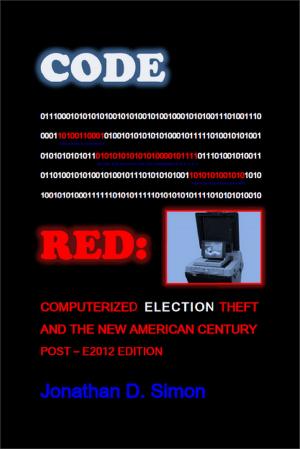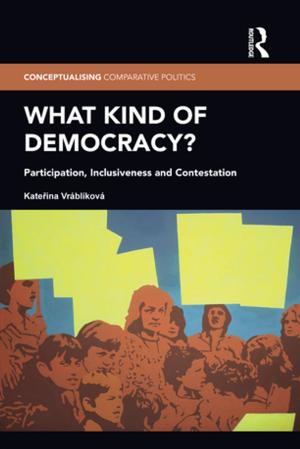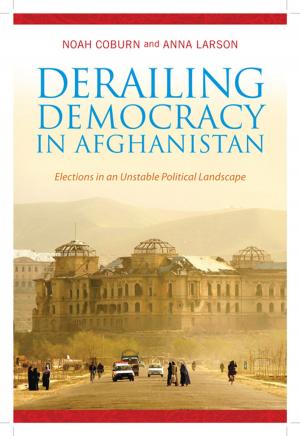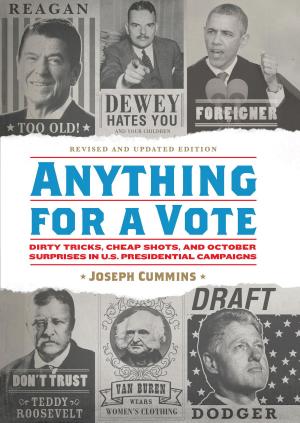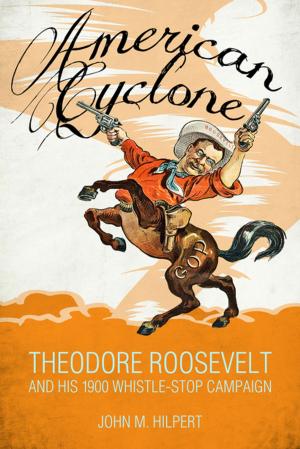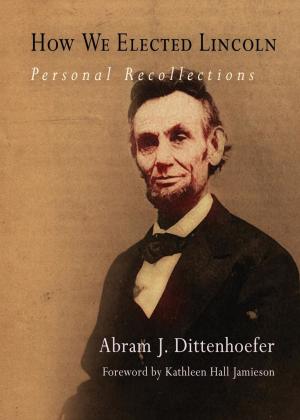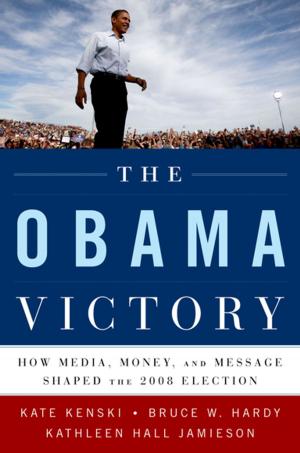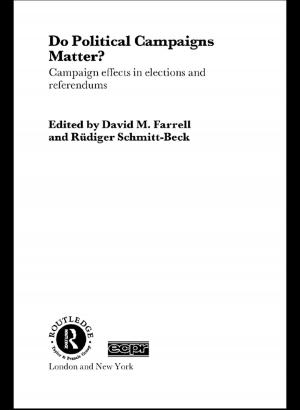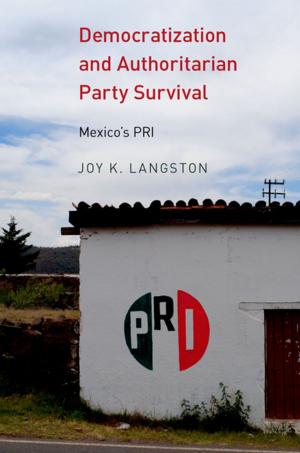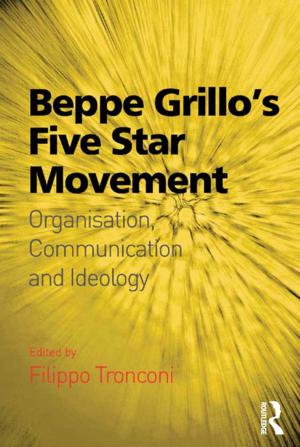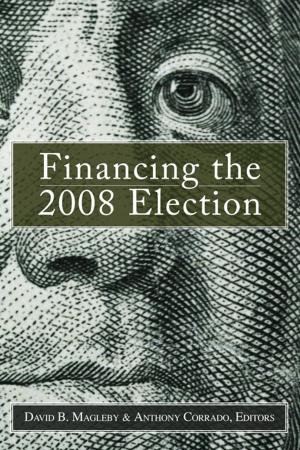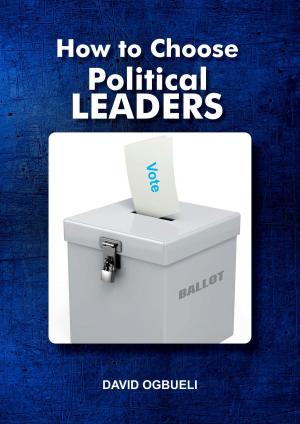Running for the People?
How Canadian Elections Favour the Career Politician
Nonfiction, Social & Cultural Studies, Political Science, Government, Elections| Author: | R. C. Westland | ISBN: | 9780994035813 |
| Publisher: | Polarbear Lane Books | Publication: | April 9, 2015 |
| Imprint: | Language: | English |
| Author: | R. C. Westland |
| ISBN: | 9780994035813 |
| Publisher: | Polarbear Lane Books |
| Publication: | April 9, 2015 |
| Imprint: | |
| Language: | English |
Running for the People? is an insider’s account of Canada’s electoral process that reveals how deeply broken it is. Rem Westland ran in the 2011 federal election, representing the Conservative Party of Canada in the riding of Ottawa-Vanier. He describes the weakness of electoral district associations, the presumptions of party headquarters, the intricacies of campaign financing, and contemporary data-based systems that depersonalize politics at ground level. He is candid about how running for Parliament can damage professional and personal relationships. Running for the People? poses sobering questions about the future of democracy. Westland argues that the electoral process is akin to a gauntlet of tests. Running the gauntlet is especially hard for novice candidates who have had a successful career outside of politics. Career politicians, Westland argues, have a tremendous advantage but they do not run for the people. Career politicians run for the political party they represent. When the chips are down they have trained themselves to do what the party wants them to do. In lucid prose, Westland cracks open an aspect of the political system that few experience and that even fewer ever speak or write honestly about.
Running for the People? is an insider’s account of Canada’s electoral process that reveals how deeply broken it is. Rem Westland ran in the 2011 federal election, representing the Conservative Party of Canada in the riding of Ottawa-Vanier. He describes the weakness of electoral district associations, the presumptions of party headquarters, the intricacies of campaign financing, and contemporary data-based systems that depersonalize politics at ground level. He is candid about how running for Parliament can damage professional and personal relationships. Running for the People? poses sobering questions about the future of democracy. Westland argues that the electoral process is akin to a gauntlet of tests. Running the gauntlet is especially hard for novice candidates who have had a successful career outside of politics. Career politicians, Westland argues, have a tremendous advantage but they do not run for the people. Career politicians run for the political party they represent. When the chips are down they have trained themselves to do what the party wants them to do. In lucid prose, Westland cracks open an aspect of the political system that few experience and that even fewer ever speak or write honestly about.

